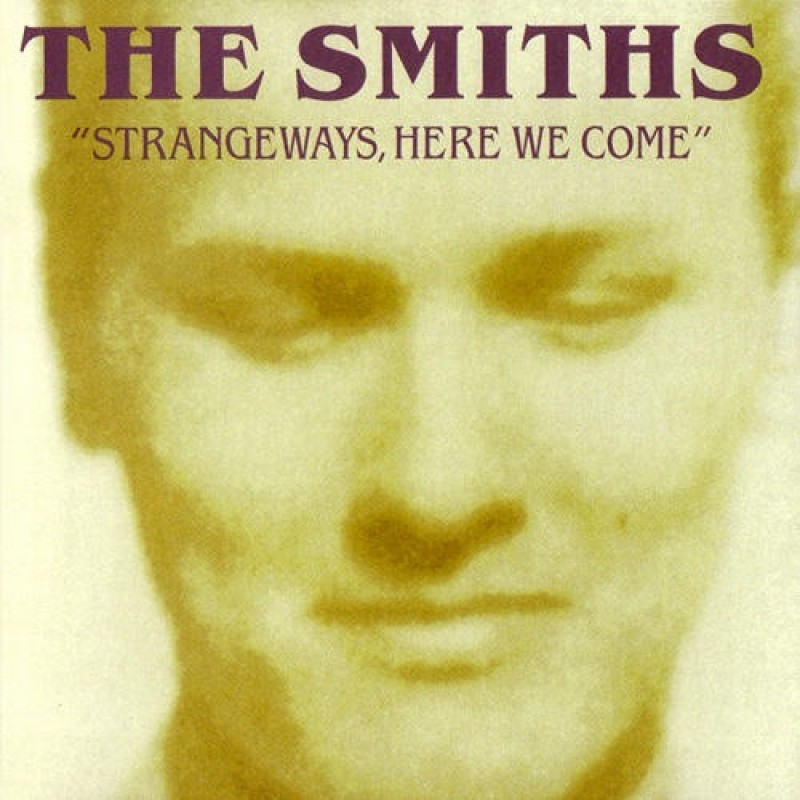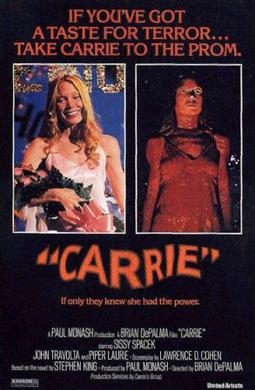 The moment you hear the name, it’s obvious that Drenge is not going to be easy on the
ear. And as soon as songs like I Wanna Break You In Half storm out of your CD
player like a high speed train on steroids, the album’s tectonic heaviness seizes
you and rarely loosens its grip for just over half an hour. The music is often
phenomenally heavy for a band that lacks a bass player and features only one
guitar, but the melodic strength favoured by other notable two-pieces such as
The White Stripes can still be heard amongst the shattering riffs. The stripped
down, no nonsense ethic of the band harks back to the early 90s grunge scene,
and the lack of lyrical compromise, with themes of animal cruelty and violence,
links to scene leaders Nirvana circa third album In Utero. Nirvana is clearly a huge influence, the loud-then-quiet
dynamic honed by Nirvana frontman Kurt Cobain is widely used, in addition to
the fuzzy power chord riffs the band employed to such great effect on the
iconic Nevermind. Despite the
influence, the music rarely feels derived, with singer and guitarist Eoin
Loveless (a remarkably appropriate, and genuine name) providing a unique vocal
style and younger brother Rory giving a pounding, explosive performance on
drums.
The moment you hear the name, it’s obvious that Drenge is not going to be easy on the
ear. And as soon as songs like I Wanna Break You In Half storm out of your CD
player like a high speed train on steroids, the album’s tectonic heaviness seizes
you and rarely loosens its grip for just over half an hour. The music is often
phenomenally heavy for a band that lacks a bass player and features only one
guitar, but the melodic strength favoured by other notable two-pieces such as
The White Stripes can still be heard amongst the shattering riffs. The stripped
down, no nonsense ethic of the band harks back to the early 90s grunge scene,
and the lack of lyrical compromise, with themes of animal cruelty and violence,
links to scene leaders Nirvana circa third album In Utero. Nirvana is clearly a huge influence, the loud-then-quiet
dynamic honed by Nirvana frontman Kurt Cobain is widely used, in addition to
the fuzzy power chord riffs the band employed to such great effect on the
iconic Nevermind. Despite the
influence, the music rarely feels derived, with singer and guitarist Eoin
Loveless (a remarkably appropriate, and genuine name) providing a unique vocal
style and younger brother Rory giving a pounding, explosive performance on
drums. Despite its uncompromising heaviness, Drenge features intelligent, thematic lyrical content dealing brutally with isolation, suppressed anger and a distain for emotion, particularly love. Indeed, this distain becomes such a theme that the final words of closer Fuckabout: “I don’t give a fuck about people in love/they don’t piss me off they just make me give up”, perfectly link to the opener People In Love Make Me Feel Yuck, bringing the record full circle in a shockingly bleak twist. Fuckabout is actually the antithesis of its title; the only point when the piece really slows down in a raw, acoustic number containing some of the most striking lyrics written all year. It’s by no means the only musical highlight though; 8 minute stomper Let’s Pretend and the brilliantly violent I Wanna Break You In Half are two of the year’s best tracks.
It’s always a shame when excellent albums from smaller bands fail to attract the attention they deserve, and no more so than with Drenge. It’s a brilliantly original and brutal album, featuring some of the best riffs and lyrics written by any band this year. It’s certainly a challenger to Biffy Clyro’s Opposites as my album of the year, and I’ve no doubt that we’ll be seeing a lot more of the brothers Loveless in the near future.
9/10



